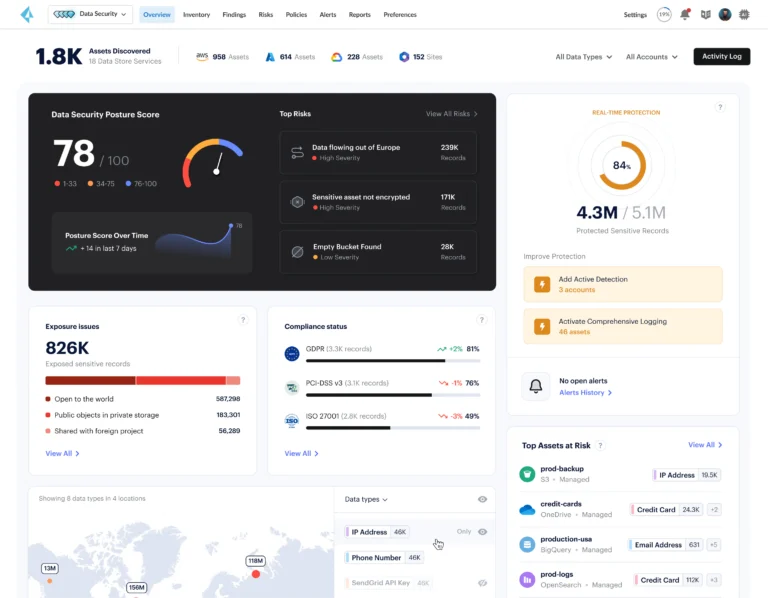In today’s interconnected digital ecosystem, APIs (Application Programming Interfaces) have become the cornerstone of business operations. They enable seamless integration and communication between different software applications, powering everything from cloud services to mobile apps. However, as the use of APIs proliferates, so does the risk of security breaches. For Chief Information Officers (CIOs), ensuring the security of APIs is not just a technical necessity but a strategic imperative.
Understanding the Security Risks
APIs, by their very nature, expose application logic and sensitive data. They are prime targets for cyber attackers due to the valuable data they can provide access to. Common threats include unauthorized access, data breaches, and denial-of-service attacks. The consequences of such attacks can be catastrophic, ranging from compliance violations and financial losses to irreparable damage to brand reputation.
Main Challenges:
Keeping Up with Evolving Threats: Cyber threats are constantly evolving, making it challenging to stay ahead of potential security risks.
Balancing Security with Usability: Implementing stringent security measures can sometimes hinder the performance and usability of APIs, affecting customer experience.
Compliance and Regulatory Challenges: Navigating the complex landscape of data privacy laws and regulatory requirements can be a daunting task.
Best Practices for API Security
To address these challenges, CIOs must adopt a multifaceted approach to API security:
- Robust Authentication and Authorization: Implement strong authentication mechanisms like OAuth, OpenID Connect, and JWT (JSON Web Tokens) to ensure only authorized entities access your APIs.
- Continuous Monitoring and Testing: Regularly monitor API traffic for unusual patterns and conduct thorough testing to identify and rectify vulnerabilities.
- API Gateways and Management: Use API gateways to control access, enforce security policies, and monitor API usage.
- Encryption: Secure data transmission with SSL/TLS encryption to protect data in transit.
- Regular Updates and Patch Management: Keep all software components updated to protect against known vulnerabilities.
The Innocom and Palo Alto Networks Prisma Cloud Advantage
Innocom, in collaboration with Palo Alto Networks’ Prisma, offers a comprehensive solution for API security, addressing the critical needs of modern digital infrastructures. The partnership combines Innocom’s industry expertise with the advanced capabilities of Prisma Cloud, delivering a robust, integrated approach to safeguarding your APIs.
Prisma Cloud stands out as the industry’s first cloud-native application protection platform (CNAPP), providing a holistic solution to web application and API security challenges. It offers complete API discovery, risk profiling, and real-time protection, seamlessly integrated into its cloud-native application protection platform. This platform is adept at protecting all APIs against the OWASP API Top 10 attacks, managing vulnerabilities, ensuring compliance, and offering runtime protection.
A key feature of Prisma Cloud is its enhanced API security capabilities, which include API risk profiling. This tool helps teams understand and prioritize risks based on over 200 factors for all APIs in their environment. By understanding risk factors associated with APIs, such as misconfigurations, best practices, exposure to sensitive data, and access control, organizations can take a more informed and proactive approach to API security.





